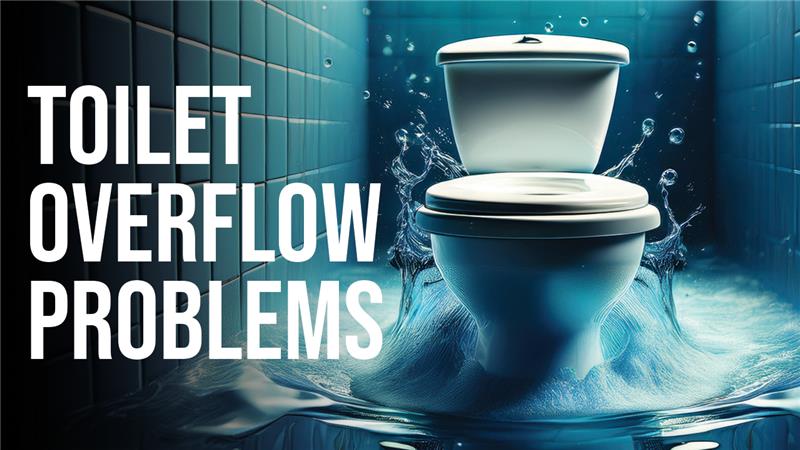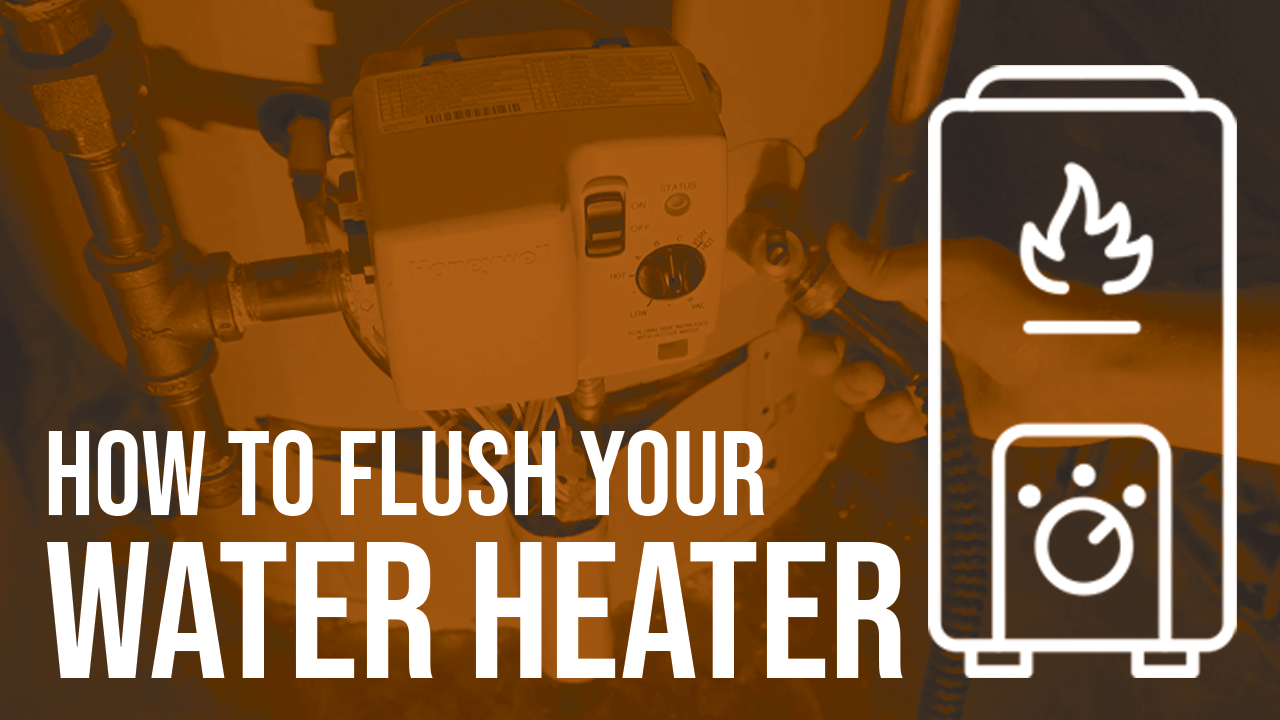Updated February 1, 2024
We’re still in the depths of winter, meaning it’s important to ensure your heating system continues to function at peak efficiency for the next few months. At Golden Rule, we offer services for a full range of HVAC equipment. While furnaces are the more common option, boilers should receive just as much attention and care. Yet most homeowners tend not to know as much about these systems—even homeowners who own them in many cases. Keep reading for the terms you should know if you own a boiler and remember that Golden Rule is available 24/7 for all your heating and cooling needs.
The 12 Terms All Boiler‑Owners Should Know:
- Heat Exchanger: The heat exchanger is the component of your boiler that converts heat into energy. This is a part of your boiler that furnaces also have, though, in the case of furnaces, the heat exchanger creates heat through combustion, while your boiler uses water.
- Electric Ignition: The electric ignition in your boiler is what turns your boiler’s pilot light on. Despite the name, this particular component can be a part of gas and electricity-powered heating systems. However, there is another kind of pilot light…
- Standing Pilot Light: When we talk about boilers with a standing pilot light, we’re talking about systems where the pilot light never goes out. Some furnaces have standing pilot lights as well.
- Pressure Valve: A boiler pressure valve releases the pressure in your boiler. All boilers are required to have one in case of emergencies, as are all furnaces.
- Vent Damper: A vent damper’s job is to release pressure from your boiler. All boilers have vent dampers, as it is extremely important to release pressure when steam starts to build inside.
Liquid Petroleum Gas: Liquid Petroleum gas, or LPG, is simply a term used by companies that manufacture boilers for propane. - Outdoor Temperature Reset: An electric thermostat that adjusts the temperature of your boiler, outdoor temperature resets are designed to make sure the heat your system is providing is commensurate with the temperature outside.
- Infinitely Modulating Capacity: This is a term that is specific to boilers. It refers to the way water is continually moving through your system.
- Water Velocity: Water velocity refers to the pressure of the water moving through your pipes. The higher your system’s water velocity is, the better it is likely to work.
- Heat & Power Boiler: One of the advantages of a boiler is that it is both a piece of heating and plumbing equipment, in that it can replace your water heater. Heat and power boilers go one step further, producing a limited amount of electricity in addition to heat.
- Hydronic Heating: Hydronic heating is a general term used to describe anything that uses water to produce heat.
- High-Efficiency: A high-efficiency boiler is exactly what it sounds like—a boiler that is more efficient than your standard model. A boiler must have an AFUE (Annual Fuel Utilization Efficiency) of roughly 80% to be considered high efficiency. With advances in modern technology, some boilers now come with an AFUE of 98%.
To put your newfound knowledge to the test and schedule boiler service today, call 515-393-4526, or send us a message online.
To put your newfound knowledge to the test and schedule boiler service today, call 515-393-4526, or send us a message online.
Contact Us Today for Boiler Service!
If you found this post helpful, check out some other budget-saving tips:


Few things are as frustrating (and messy) as a toilet that overflows. Whether it happens at the worst possible moment or simply leaves you scratching your head... Read More

The holidays are a magical time of year—gathering with loved ones, sharing meals, and creating lasting memories. But one unexpected mishap can turn your festive celebration into... Read More

Regular maintenance of your water heater is one of the simplest ways to ensure its longevity and efficiency. Flushing your water heater is a straightforward process that... Read More
